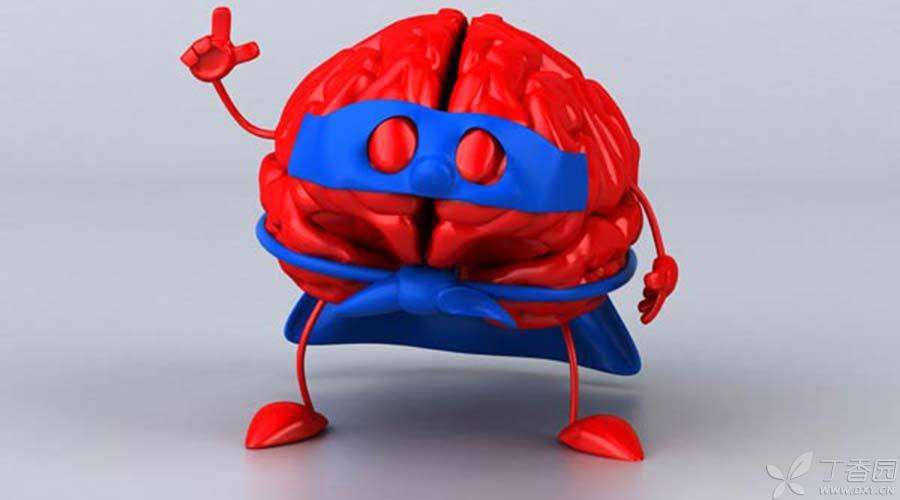
Has your body slept enough: the latest sleep duration standard
The NationalSleep Foundation (NSF), a joint expert group in sleep, anatomy and physiology, pediatrics, neurology, geriatrics and gynecology, released new recommendations for sleep duration this week.
[This is the first time that a professional organization has developed a global sleep duration standard for different age groups based on rigorous and systematic literature analysis,] said Dr. Czeisler, chairman of the American Sleep Foundation. [People have reason to believe that this recommendation is the best guide for sleep duration and health.]
Let’s take a look at this standard in detail:
Facts or rumors? Four foods [tricks] that we often hear about

Every day there are countless suggestions on how to eat healthily. It is time to make clear these [platitudes] of health advice.
[Eating carbohydrates will make you fat.]
Carbohydrates are the preferred source of energy for our brains and muscles. Carbohydrates are not intrinsically related to weight gain. Eating too much food can lead to weight gain. Therefore, Eat more [good carbohydrates], such as whole grains, and eat less refined sugar and refined carbohydrates, such as white bread and doughnuts, to ensure that you can eat enough vitamins and dietary fiber.
[Eating eggs is not good for the heart.]
Although eggs contain cholesterol (about 200 mg per yolk), But it also contains many nutrients that are beneficial to us, such as protein, iron, phosphorus, zinc, vitamin B12 and vitamin D. Cholesterol is also one of the important nutrients in the body. In fact, cholesterol is necessary for growth, a raw material for hormones, and a component of the cell membrane of all cells.
Moreover, the cholesterol you eat has little effect on cholesterol in the blood. The liver is the organ that produces cholesterol. When you eat more cholesterol, your body synthesizes less cholesterol. On the contrary, if you eat less cholesterol, your body produces more cholesterol. For most people, eating an egg a day does not affect their health.
[No matter how to eat negative calorie food, you will not get fat.]
You may have heard of some foods, For example, celery and apples are said to have less calories than they consume to digest these foods, so they are called [negative calorie foods]. This sounds reasonable, but in fact, there is no food that requires more calories to digest than the province of this food. In other words, [negative calorie foods] do not exist.
Of course, these low-calorie vegetables, such as cucumbers or cabbage, can help you lose weight because they are low in calories and rich in dietary fiber and water, which will make you feel full. Therefore, [negative calorie foods] do not exist, but eat more vegetables and fruits.
[Microwave ovens can cause nutrient loss in food.]
Microwave cooking is actually one of the best ways to preserve vitamins and minerals in your food, if you’re doing it right. Microwave cooking usually uses less water and takes shorter cooking time, so it can help reduce nutrient loss.
Generally speaking, the longer the cooking time and the higher the temperature, the easier it is for food to lose some water-soluble nutrients, such as vitamin B and vitamin C. It is the cooking temperature and cooking time, not the cooking method itself, that affect the loss of nutrients.
Decrypt the brain of [an old prodigy]

Some people over the age of 80 still have amazing memory and social skills, and their brain images look like those of people over the age of 50.
To describe this kind of old man, there is an English noun called [Superager], which we call [old prodigy] for the time being.
Studies have found that their brains are indeed structurally unusual.
1. The anterior cingulate cortex is thicker
This area has an indirect relationship with human memory because of its influence on cognitive evaluation, executive function, emotional motivation, conflict reconciliation and other functions. The thick cortex indicates that the elderly are rich in nerve cells dealing with these problems.
2. There are fewer [neurofibrillary tangles] in the anterior cingulate gyrus.
The entanglements, considered a sign of Alzheimer’s disease, are found in neuronal bodies in the cerebral cortex and hippocampus. The anterior cingulate cortex cells in the analyzed brains were 87 percent less entanglements than in older people of the same age, and 92 percent less in middle-aged adults with cognitive impairment.
3. [von Economo neurons]
This kind of neuron is unusual. It also appears in the brains of whales, dolphins, elephants, apes and other animals. It is closely related to [memory capacity]-that is, how many things you can remember-and it can transmit information contained in behavioral signals related to similar interactions with high frequency.
Knowing these characteristics, scientists may find it easier to find ways to protect the memory of the elderly and treat dementia diseases.
Responsible Editor: Fu Ting
Compiled from: U.S.News, Eurekalert
Dr. Clove’s exclusive manuscript refuses any other form of reprinting.
